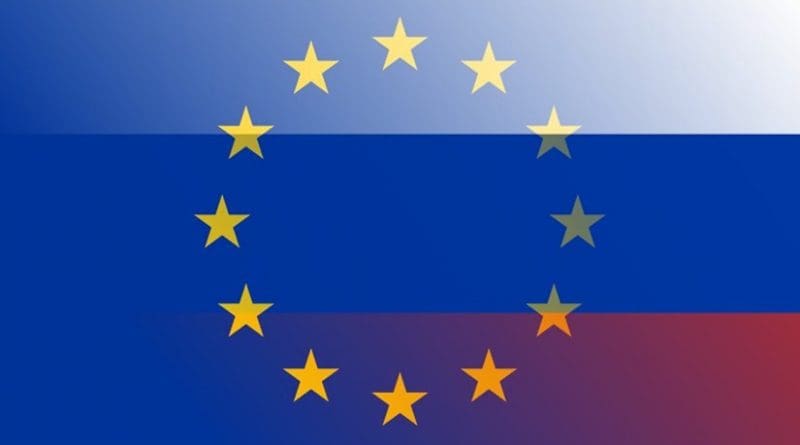Moscow Renews Push To Have EU Make Russian An Official Language In Europe – OpEd
By Paul Goble
For more than two decades, Russian officials have called for making Russian an official language of the European Union, nominally to improve relations between the EU and Moscow but in fact to give Moscow greater leverage to insist on official status for Russian in the Baltic countries and elsewhere.
If the EU were to give Russian official status, it would be harder for countries once occupied by Moscow to defend their own national languages. Consequently, all such Russian efforts have generated a sharply negative reaction from Baltic deputies in the European Parliament and in other venues as well.
Nonetheless, Moscow keeps pushing this idea, even at times of crisis in relations between Russia and the EU, quite possibly out of the conviction that this is the kind of concession to Moscow that would satisfy those who want a “balanced” approach to Russia at a time of sanctions.
And to this end, Moscow has promoted the formation of various groups in Western Europe to act as advocates for this idea, again allowing Russia to act as if this is an expression of their will rather than its own and at a minimum giving Moscow deniability about what it is quite clearly doing.
One such group is the Union of Russophones of France. It is headed by a French journalist, Dmitry Koshko, and he has now given an interview to the Rubaltic portal, arguing that making Russian an official language of the EU is both justified and useful and that Baltic objections reflect narrow nationalisms (rubaltic.ru/news/15012016-status-russkogo-yazyka/).
Koshko says that approximately seven million people in Europe speak Russian, “more than the population of such countries as Luxembourg or even Bulgaria;” and he points out that far from all of them are ethnic Russians. Many are natives of EU states, and others are from other former Soviet republics.
“For Europe,” he continues, “it is not a bad thing to have good relations with Europe;” and giving Russian official status will promote not only that but also European ties with other countries in Eurasia, including “with Central Asian and Caucasus countries.” Consequently, it should be viewed as a humanistic step rather than one driven by ethnic concerns.
“Russophonia,” he argues, “is not the rule of the Russian language or equivalent to the idea of ‘an Elder Brother.’ It is simply the use of Russian in parallel with one’s own language because through Russian one can reach the entire world promoting one’s own culture be it Lithuanian, Uzbek or Georgian.”
Koshko says his group began promoting the idea of adopting Russian as a working language in France in 2012 and now is seeking to push it at the level of the European Union as a whole.

